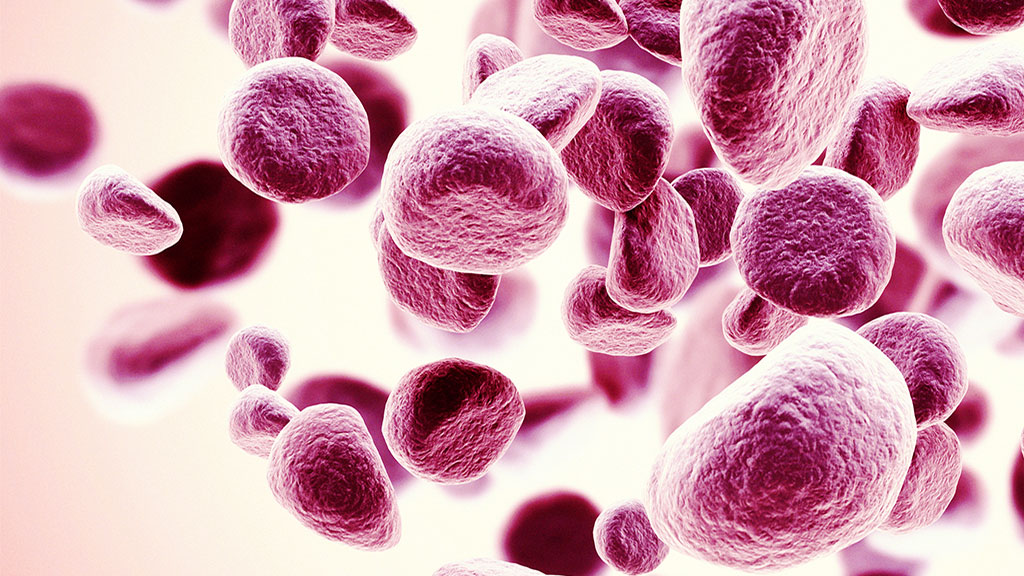CHMP backs safety of anticoagulants after real-world study

The EMA’s human drugs advisory committee has said that no change is needed to the use of direct oral anticoagulants (DOACs), after looking at real-world data on the drugs.
The CHMP review was prompted by an EMA-commissioned observational study of three DOACs used to treat patients with atrial fibrillation (AF) which last year suggested there may be difference in the risk of bleeding between them, and a lack of adherence to clinical guidelines which could make them less safe.
Using data from Denmark, France, Germany, Spain, the Netherlands and the UK, the CHMP has now concluded that Bristol-Myers Squibb/Pfizer’s Eliquis (apixaban), Boehringer Ingelheim’s Pradaxa (dabigatran etexilate) and Bayer’s Xarelto (rivaroxaban) have the same bleeding risk in the real world as they did in clinical trials.
The real-world study also did not show that there was a high level of incorrect use of the medicines, although it did find that older patients (75-plus) did appear to be at increased risk of bleeding and it is asking the drugmakers to investigate if dose changes could help tackle that issue.
The outcome is a big relief for the drug manufacturers, as all three DOACs are widely-used medicines bringing in blockbuster sales.
The CHMP says the DOACs can “continue to be used in the same way as they are now by patients and healthcare professionals.”
New product recommendations
The CHMP also backed the approval of eight new medicines at its first ‘virtual’ meeting since the COVID-19 outbreak, including Novartis’ Zolgensma gene therapy for spinal muscular atrophy (see our article here).
It also issued a positive opinion for Sanofi’s anti-CD38 antibody Sarclisa (isatuximab) in combination with BMS’ Pomalyst (pomalidomide) and dexamethasone for relapsed or refractory multiple myeloma, a few months after the FDA approved the same regimen.
Sarclisa is the first direct challenger to Johnson & Johnson’s established CD38 drug Darzalex (daratumumab), which has been approved since 2016 and made $3 billion in sales last year from its approved indications in both relapsed/refractory and previously-untreated myeloma.
Sanofi says Sarclisa has shorter intravenous infusion regimen than Darzalex, although J&J has already filed for approval of a subcutaneous injection formulation for its drug which could help it defend the brand, with a verdict from the FDA due in the first half of 2020.
BMS also claimed an approval recommendation from the CHMP for Zeposia (ozanimod), an S1P receptor modulator which has also just been given a green light by the FDA, although BMS says its launch is on hold because of the coronavirus pandemic.
Zeposia will compete most closely with Novartis’ first-to-market S1P therapy Gilenya (fingolimod) – which made $3.2 billion in 2019 sales – and follow-up Mayzent (siponimod) which was approved in the US last year. BMS drug could make $1.6 billion in sales by 2024, says Clarivate.
The CHMP also issued positive opinions for:
- Seqirus’ Fluad Tetra influenza vaccine;
- Novartis’ Atectura Breezhaler (indacaterol/mometasone furoate) and Bemrist Breezhaler (indacaterol/mometasone furoate) for asthma;
- TB Alliance’s pretomanid for the treatment of tuberculosis in combination with J&J’s Sirturo (bedaquiline) and linezolid; and
- Mylan/Lupin Labs’ Nepexto, a biosimilar of Amgen’s Enbrel (etanercept).
The CHMP meeting covered a number of line extensions for already-approved medicines as well, including:
- Novartis’ IL-17 inhibitor Cosentyx (secukinumab) for non-radiographic axial spondyloarthritis;
- Takeda’s antibody-drug conjugate Adcetris (brentuximab vedotin) in combination with cyclophosphamide, doxorubicin and prednisone for adults with previously-untreated systemic anaplastic large cell lymphoma;
- J&J’s antiretroviral therapy Intelence (etravirine) in combination with a boosted protease inhibitor and other ART drugs for HIV in children aged two and above;
- Dr Falk Pharma's Jorveza (budesonide orodispersible tablets) as maintenance therapy for oeosinophilic oesophagitis;
- Swedish Orphan Biovitrum's Kineret (anakinra) for the treatment of familial Mediterranean fever; and
- Pharming's Ruconest (conestat alpha) for hereditary angioedema (HAE) due to C1 esterase inhibitor deficiency, lowering the approved age range to include children of two years and above.













